Three engineered dehydrogenase enzymes self-assemble to form a hydrogel that oxidizes methanol to CO2 and can be used in biobatteries
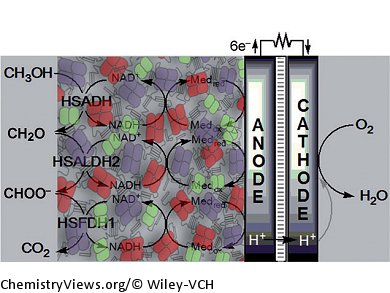

Three engineered dehydrogenase enzymes self-assemble to form a hydrogel that oxidizes methanol to CO2 and can be used in biobatteries
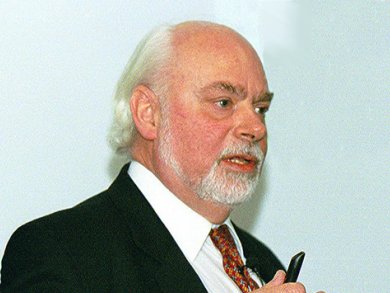
Fraser Stoddart, Northwestern University, USA, asks what does the future hold for supramolecular chemistry?

Gunter Fischer and Ekkehard Winterfeldt have been granted honorary membership of the Gesellschaft Deutscher Chemiker (GDCh)
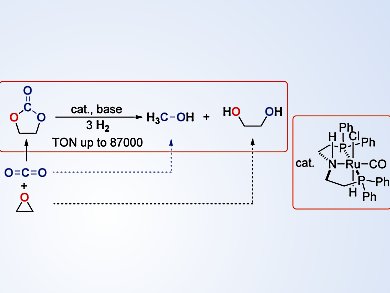
Readily available Ru catalyst can be used for production of methanol and ethylene glycol from ethylene carbonate, formed from carbon dioxide and ethylene oxide
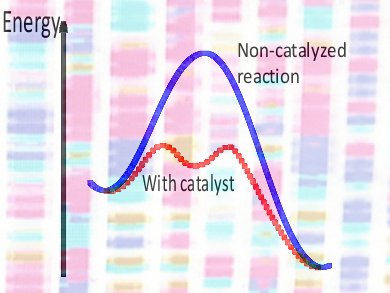
J. Nørskov and T. Bligaard look at what makes a good catalyst and how to map the catalyst genome to speed catalyst discovery

A. Fuchs, President and CEO of the CNRS, the largest fundamental research organization in Europe, looks on successfull research traditions
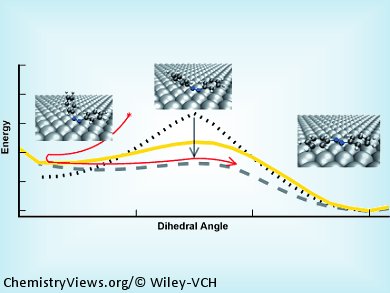
Loss of bistability is the main reason why azobenzene cannot be switched between conformations when adsorbed on a surface
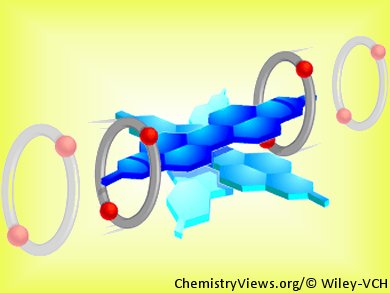
The diazaperopyrenium cation can undergo both heterophilic and homophilic recognition processes

Nagoya Gold and Silver Medals for organic chemistry awarded to Paul Knochel, Germany, Takahiko Akiyama, and Masahiro Terada, Japan
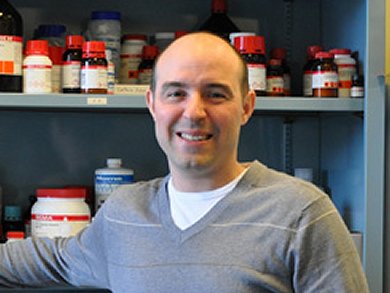
Aaron Wheeler, Canada, awarded the Heinrich Emanuel Merck Prize for work on the microfluidic extraction and quantification of estrogen